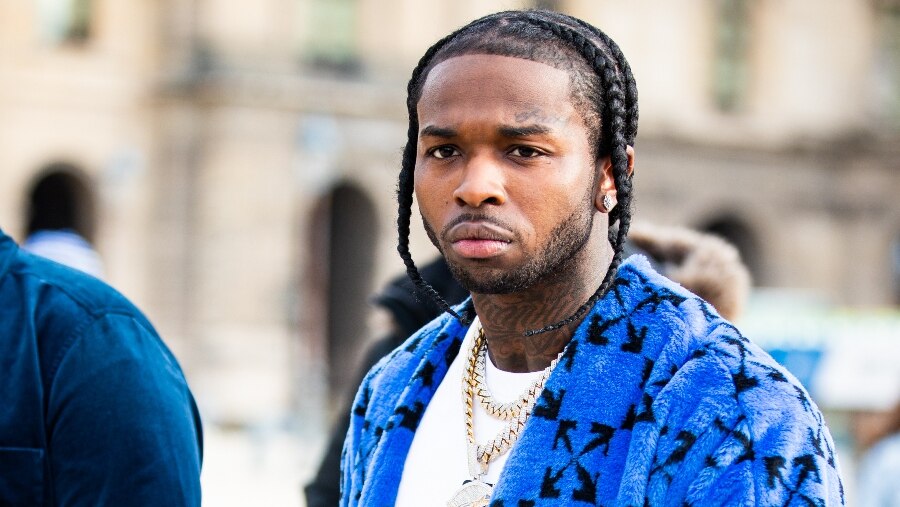[ad_1]
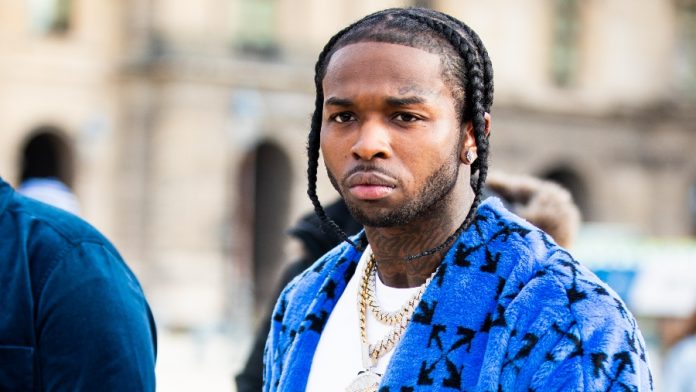
Today a friend asked me, “Who was Pop Smoke and why should we care about him? Rappers die every day.”
And perhaps part of this statement holds true.
While rappers die every day, we should never be so numb that we shirk our shoulders and don’t care when one loses his life. That’s what seems to happen far too often in this fast-paced, social media-driven world.
This is what too much information and not enough information at the same time does to us.
Pop Smoke was an emcee out of Brooklyn, leading the charge for New York’s incarnation of the Trill movement.
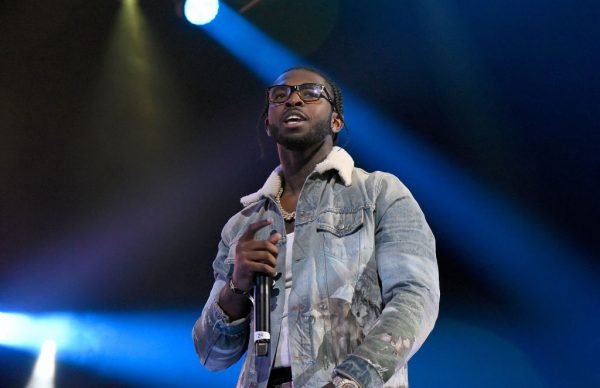
Charismatic. Handsome. Fashionable. As a new rapper on the scene, he seemed to be living the life that many only dreamt about. But as quickly has his star shot up into the sky, it was extinguished by part of the industry few people ever talk about: the shadow dwellers.
The world knew the “Welcome to The Party” chart-topper for his infectious grunts and adlibs. Some associated him with the notorious Brooklyn blended gang, The Woo. But I knew him as Bashar Jackson, one of the young kings of our church.
“That’s Why I Turn To God”
Years before he picked up a flag or a mic, Bashar was a dancer, a singer and a valued member of my faith community. He participated in the sacred arts and the Quiver ministry. Before the Christian Dior swag was his staple… before his voice deepened and his hair grew longer… Bashar was the man-ish tyke struggling to express himself as a warrior in the context of the images of manhood around him.
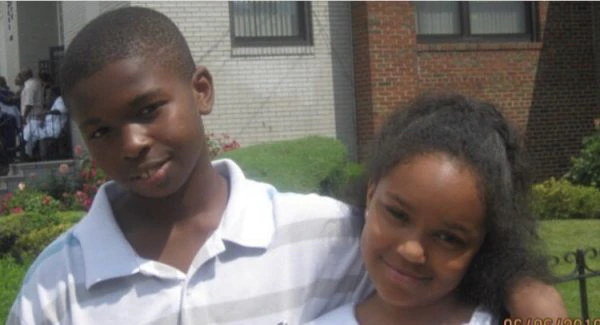
I first met Bashar when he was in early elementary school. He and my daughter, actress Eden Duncan-Smith (See You Yesterday, Annie) and actor Aubrey Joseph (Cloak and Dagger) were cast members of the church’s answer to the Black Nativity musical, Unto Us.
READ MORE: Rapper Pop Smoke reportedly shot and killed in Los Angeles
Bashar, Aubrey, and Eden were too young join the older kids in the cast (this trio would eventually enjoy success in their careers in pop culture around the same time) and were paired up with other little ones to perform a dance to “Who Would Imagine a King” by Whitney Houston from the Preacher’s Wife soundtrack.
Bashar and Eden were partnered together and located in the back of the performance, which persisted for years, but there was something about them that always beaconed forth.
While some might say it only talent, I believe it was their natural light.
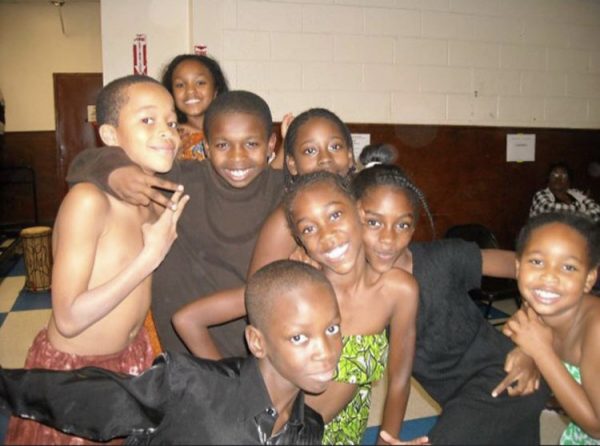
Bashar would share many front-of-stage moments in the church. He also would share some behind the scene heartbreaks in the church. And as time went on, he grew up and found footing in other spaces.
Yet, his imprint on the building for the number of years he and his family spent in our midst was and still is immeasurable. His death is shaking us to our core.
“His death is shaking us to our core.”
Could we have done more to support his spiritual and religious growth? Perhaps. Maybe we could have stopped him from answering the call of the street that is so ever-present in the music that made him famous? I guess.
What we can say is that those early church experiences created a man-child of promise tapping into a gift that touched millions of people all over the world.
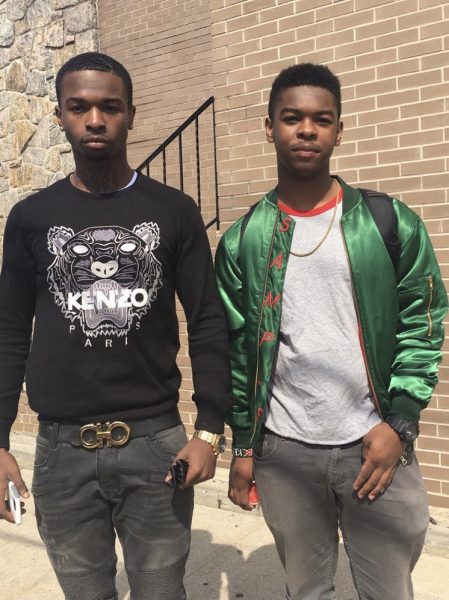
I recently heard Pop Smoke talk about Paris in an interview with Angie Martinez. He was so excited and in love with the opportunity to see and do more than his wildest dreams ever knew were possible.
It made me think about “The Barsharettes.” Once, Bashar sang Sam Cooke’s “A Change Gonna Come” during a Maafa Moment and he had shoo wop pop girls backing him up.
He approached the song with a passion that spoke to his man-child soul and it separated him in many ways from boys his age in the church.
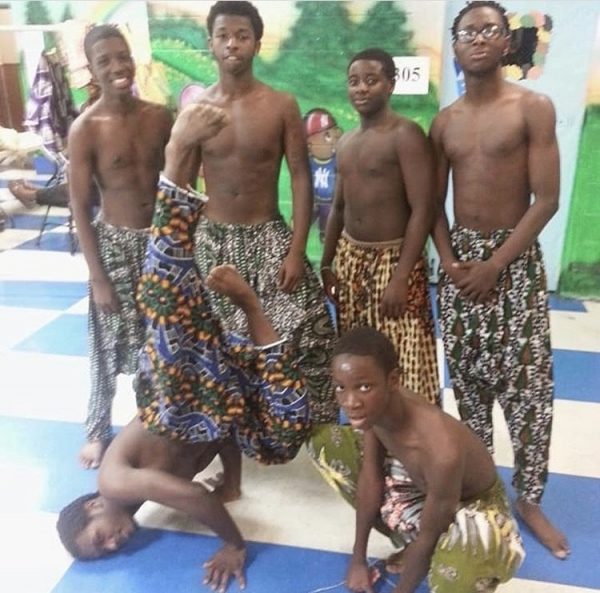
Afterward, he and I spoke openly and honestly about what it was like to have such a spirit trapped inside of a world that did not always welcome it. He told me, “That’s why I turn to God.” And we would pray, until eventually he moved and we lost contact.
Lasting Legacy
One young person spoke about Pop Smoke’s passing and compared the pain his generation is feeling as similar to that pang we encountered when The Notorious B.I.G. was murdered. While, at first, I dismissed that thought, I had to admit that maybe this death is that for them. As Nip was this generation’s Tupac.
The similarities are eery. Both were murdered a year apart and both claimed different coasts- one pair were vets in music but just coming into their respective shine (Nip/Pac), and the other just dropping their second record and promoting it heavy (Pop/ Big).
READ MORE: New York City street named for rapper Notorious B.I.G.

And so I get why you all are numb. You are numb because TMZ shared the details of his death before they thought to check in with Bashar’s mother. You are numb because this is not the first time that TMZ has looked at Black bodies and commodified them before they honored them. You are numb because we absorb trauma, and we don’t stop to see the soul behind the quick tweet or fading snap chat.
That is why I invite you to join Color of Change as they protest the tabloid for racing to publish news like this before they check in with the families.
Pop Smoke was a king. Not just a trill rapper. Not the sum of his flaws and shortcomings. Not just another dumb n*gga out there promoting dumb n*gga sh*t.
Pop Smoke was a king, with a bounty of people that loved him like crazy. And he will be missed.
Nicole Duncan-Smith is from West Philadelphia born and raised, and in the playground is where she spent most of her days. Currently, she serves as a and a contributing editor at theGrio and an ordained Reverend at the St. Paul Community Baptist Church, where she lectures on Hip-Hop as a viable love language to teach the Gospel.
[ad_2]
Source link

